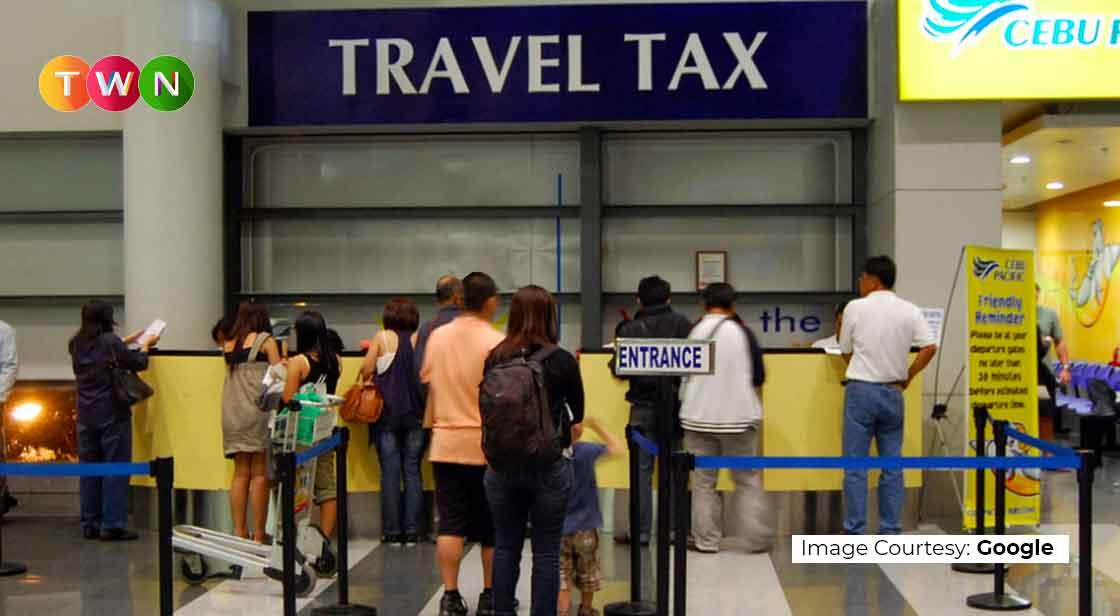
Is it possible to work remotely from other countries? Yes! Some people have even decided to take advantage of the current situation by travelling around the world.
Some countries, including Estonia and Bermuda, have offered special visas to Americans who want to work temporarily abroad in order to boost visitor numbers. Because many companies have allowed their employees to work from home in the near future, the idea is to attract people who may want to continue working in an exotic location.
It appears to be the ideal solution for those who do not want to be cooped up in their homes or apartments. They get to live in a different country while still working at their previous jobs. Traveling and working abroad, on the other hand, entails responsibilities, the most important of which is paying your taxes.
What is the state of your travel tax situation?
Where you stay and how long you stay abroad determine your tax situation. It is estimated that over 10 million Americans are long-term residents of other countries. Some stay in one location, while others travel from one country to the next.
But how does this relate to you?
If you spend a total of 330 days abroad in a 12-month period, you pass the Physical Presence Test. This requirement must be met if you want to take advantage of the numerous tax breaks available to American expats and travellers. You must keep detailed records of your time spent abroad. Even if you miss the 330-day mark by one day, you will lose any ex-pat tax benefits that would have helped you reduce your tax liability.
Your tax residency may also be determined by the length of your stay in that country. It means you'd be subject to that country's tax laws. You must conduct extensive research before making any major decisions.
Do I have to pay US taxes if I work or travel in another country?
Yes. The United States is one of only a few countries in the world that has a citizenship-based tax system in place. This means that American citizens and permanent residents (also known as Green Card holders) must pay US taxes and file a federal tax return even if they are based in another country.
Your total income is taxed by the IRS. Assume you decided to start a small side business while abroad while continuing to work for a US-based company. Even if you do not live in the United States and your business is located elsewhere, both sources of income are subject to US taxation.
How Can You Lower Your Tax Liability?
While living and working abroad is exciting, it also brings with it a number of challenges. You'll have to navigate two different tax systems, which could result in double taxation. If you want to lower your tax liability, you must be aware of all of your options.
Exclusion of Foreign Earned Income
One of the most significant tax breaks available to expats is the Foreign Earned Income Exclusion (FEIE).
Ex-pat taxpayers can deduct a portion of their foreign earnings from their federal income tax under the FEIE. For the tax year 2021, the FEIE threshold is $108,700. Even if your income does not exceed the threshold and you do not owe any taxes, you must file a federal tax return.
To claim the FEIE, the taxpayer must pass the Physical Presence Test.
Tags:
travel abroad, travel tax, travel tax credit
Read This Full ARTICLE, Click Here



Comments
Post a Comment